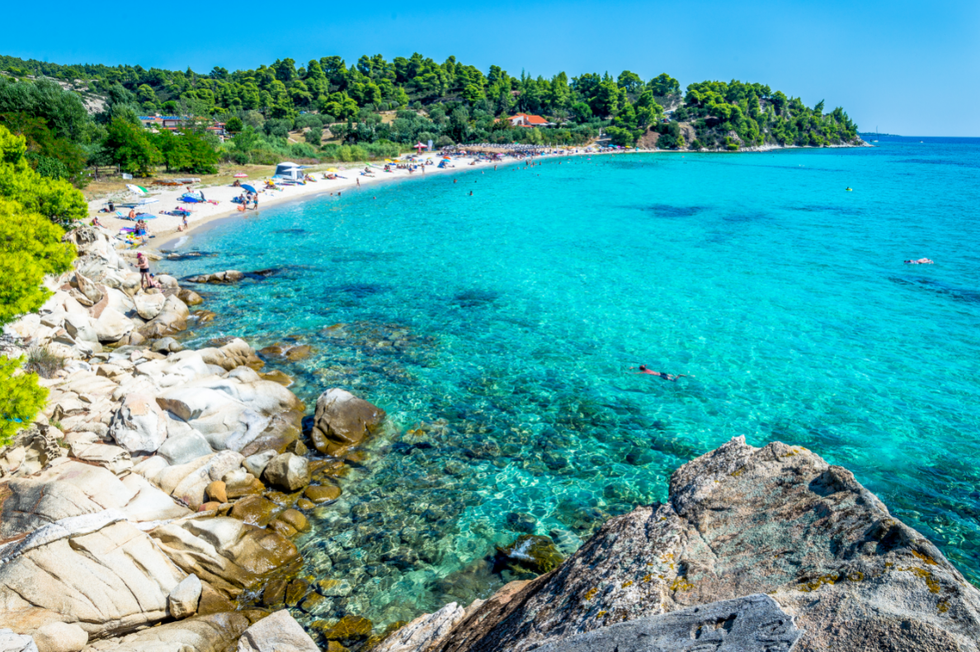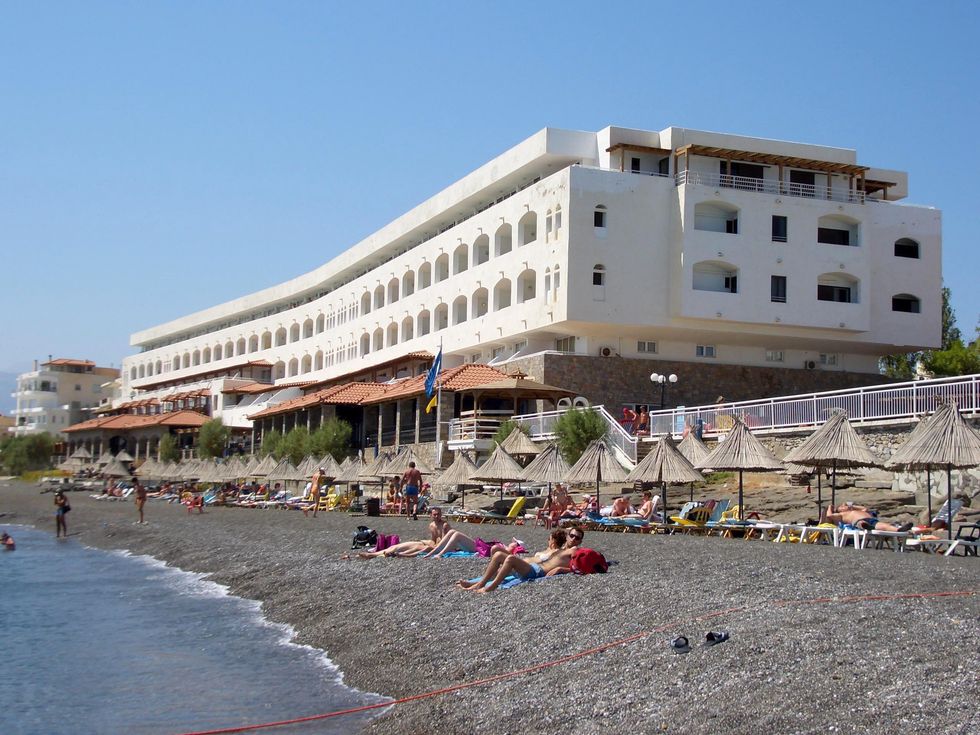Greece issues blow for tourists with new tax that could mean pricier holidays for Britons

Greece is imposing a new tourist tax which will affect Britons in peak months
Don't Miss
Most Read
Holidays to Greece are about to get a bit more expensive as the tourist hotspot introduces a new fee.
From this year, Greek hotels and other forms of accommodation will start charging a climate levy on visitors.
This will be in addition to the already existing bed tax, for people who spend one night or more in paid accommodation.
However, this new tourist fee will increase during the high tourist season, which falls between Easter and October.

Holidays to Greece will be more expensive during the high tourist season
|GETTY IMAGES
Most tourists flock to sunny Greece during the summer, with July and August being the hottest months.
Britons will be subject to lower tourist fees in less popular periods throughout the year.
The extra money generated will be used for a reserve fund, which will ensure funding for reconstruction efforts following natural disasters.
Greece has fallen victim to both flooding and wildfires in recent years.
Like tourist destinations such as Venice and Barcelona, Mediterranean hotspot Greece is no stranger to over-tourism. It is also vulnerable to the impacts of climate change.
The amount of tax tourists are required to pay will depend on two factors, the time of year and type of accommodation.
The newly introduced tax will also apply to short-term rentals booked online.
Holidaymakers staying in one or two-star venues will be expected to pay €1.50, or around £1.30 (previously 50 cent) per night, and those staying in three-star venues will have to fork out €3, or around £2.60 (previously €1.50).
LATEST DEVELOPMENTS
- easyJet shares an urgent warning for Britons as important deadline looms
- An 'idyllic' British area is one of the 10 best places to visit in the world
- The best place to live in Spain is 'wonderful city' with 'more on offer for expats'

Greece's beaches are incredibly popular among British tourists
|PA IMAGES
More luxury stays at four-star hotels will set holidaymakers back an extra €7, or around £6 (previously €3), while five-star havens will cost an extra €10, or around £8.60 (previously €4).
For those who want to save a little bit of money - and avoid the oversaturation of tourists - the old rates will be maintained from November to February.
The prices of accommodation will not reflect the various rates but guests will be expected to pay the extra on arrival.
The Greek government has gauged that the new system will generate up to €300million (around £258million).
However, Greece’s hoteliers association expressed concern that the move will drive tourists away.











